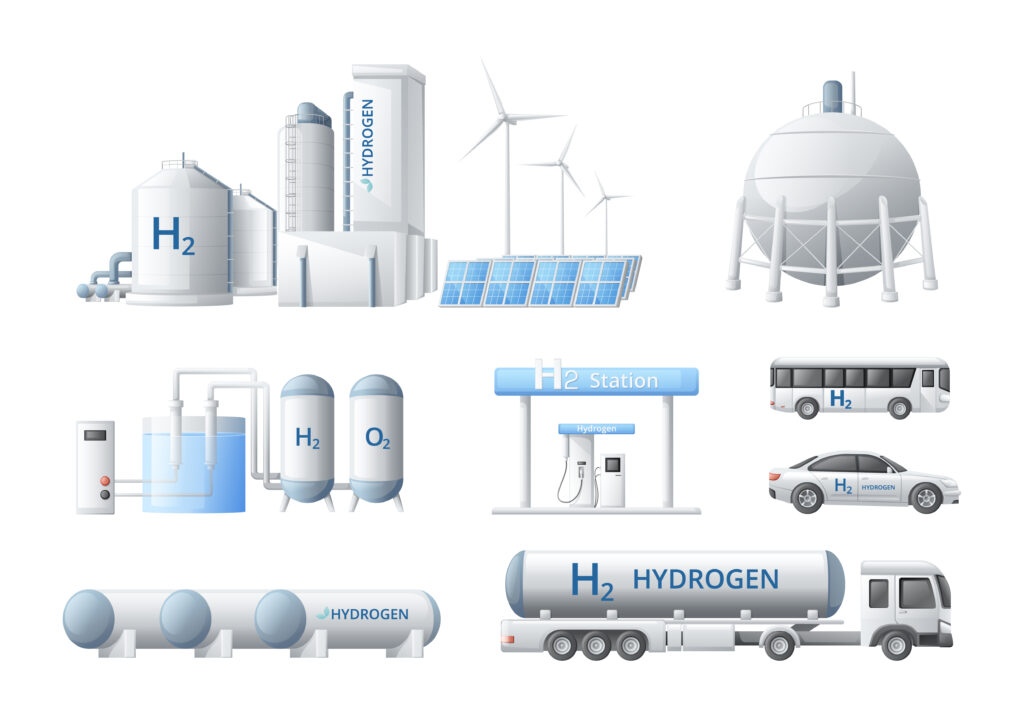1. The Need for Hydrogen Energy
With the world grappling with the consequences of global warming and the impending depletion of fossil fuels, Kawasaki emphasizes the urgency of transitioning to alternative energy sources. Hydrogen, often termed the “Ultimate Clean Energy,” stands out as a promising candidate. Unlike fossil fuels, hydrogen doesn’t emit carbon dioxide when combusted, making it an environmentally friendly energy source. Kawasaki believes that with hydrogen energy, society can undergo a revolutionary change without altering our daily routines.
2. The Hydrogen Road Initiative
Kawasaki’s “Hydrogen Road” initiative aims to establish a comprehensive system encompassing the production, transportation, storage, and utilization of hydrogen. Their goal is to seamlessly connect hydrogen production sites to consumers, ensuring a stable and efficient energy supply chain.
3. Tapping into Brown Coal Reserves
One of Kawasaki’s innovative solutions involves harnessing the energy potential of brown coal found in the Latrobe Valley, Australia. Traditionally, brown coal hasn’t been widely used due to transportation challenges. Kawasaki’s approach converts this coal into hydrogen, which is then transported to Japan, turning an underutilized resource into a valuable energy asset.
4. Renewable Energy and Storage
As renewable energy sources like solar and wind become more prevalent, there’s a growing need for efficient energy storage solutions. Kawasaki proposes storing excess renewable energy in the form of hydrogen, ensuring a consistent power supply even when renewable sources aren’t producing energy.
5. Advanced Transportation & Storage Solutions
Kawasaki is leveraging its expertise in cryogenic technology to revolutionize hydrogen transportation. By cooling hydrogen to -253°C, it can be condensed to 1/800 of its original volume, making storage and transportation vastly more efficient. Drawing from their experience in transporting liquefied natural gas (LNG), Kawasaki is now focusing on large-scale hydrogen transportation.
6. Hydrogen Utilization in the Future
Kawasaki envisions a future where hydrogen energy is ubiquitous. They anticipate a world where vehicles run on hydrogen fuel cells, and electricity generation is powered by clean hydrogen. Their research and development efforts are geared towards making this vision a reality, from developing hydrogen gas turbine power generation systems to projects that supply hydrogen-powered heat and electricity to urban areas.
7. Breakthroughs in Combustion Technology
A significant challenge in harnessing hydrogen energy lies in its combustion characteristics. Hydrogen burns at a much faster rate and at higher temperatures than natural gas. Kawasaki’s innovative “Micromix” technology addresses this challenge. By subdividing the fuel and ejecting it from tiny nozzles, they achieve “microflame” combustion, allowing for the burning of pure hydrogen while minimizing harmful NOx emissions.







